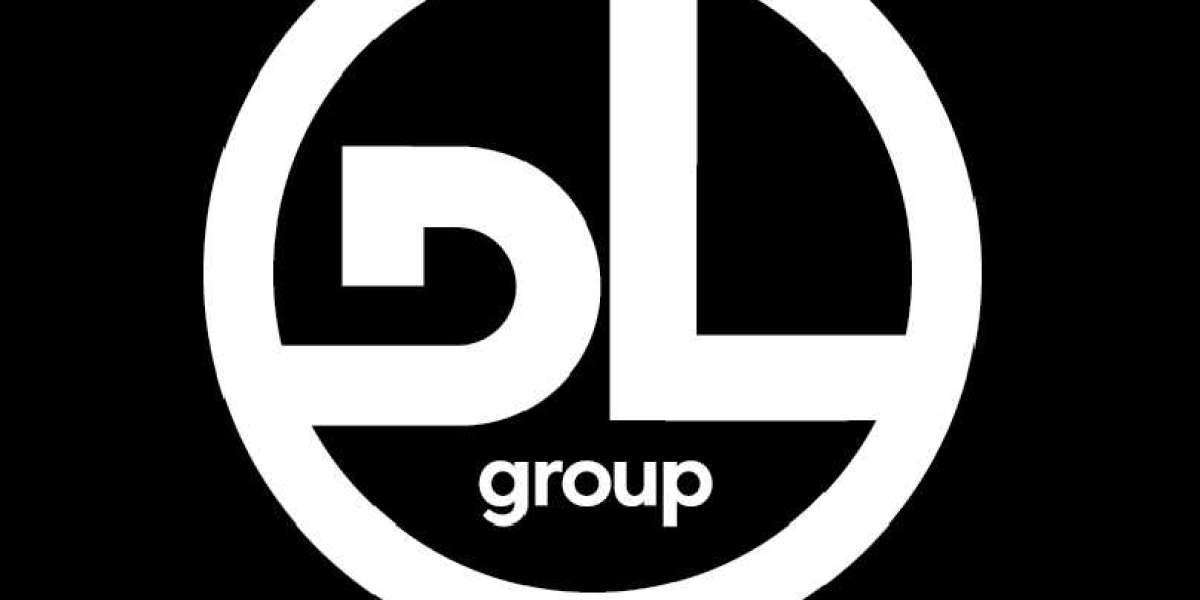Are you confused about what a patent is and whether you should get one? This is a primer for beginning inventors that answers your most commonly asked questions.
1) What is a patent?
A patent is a form of "intellectual property" which rewards persons whom invent a new and non-obvious:
a) process or method;
b) machine;
c) article of manufacture; or
d) composition of matter.
In return for completely disclosing the invention including how to practice the invention, a "legal monopoly" on the invention is granted to the inventor(s) for a specific period of time.
That legal monopoly is the right for the inventor(s) to exclude other persons and businesses from:
a) making;
b) using;
c) offering for sale or selling; or
d) importing;
the invention in the United States.
2) What is "patent pending"?
Once a patent application is prepared and filed and prior to issuance of a patent, the invention can be marked "patent pending" or "patent applied for".
While these have no legal significance and grant the inventor(s) no legal rights, the designation tends to discourage other persons or businesses from copying the invention since a patent might issue on the invention granting the legal monopoly to the inventor(s).
3) Are there different types of patents?
There are two types of patents that are typically of interest to inventors, "design patents" and "utility patents".
A design patent protects the "aesthetics" or the "appearance" of the invention and is a much more limited legal monopoly than utility patents which protect the "function" of the invention.








